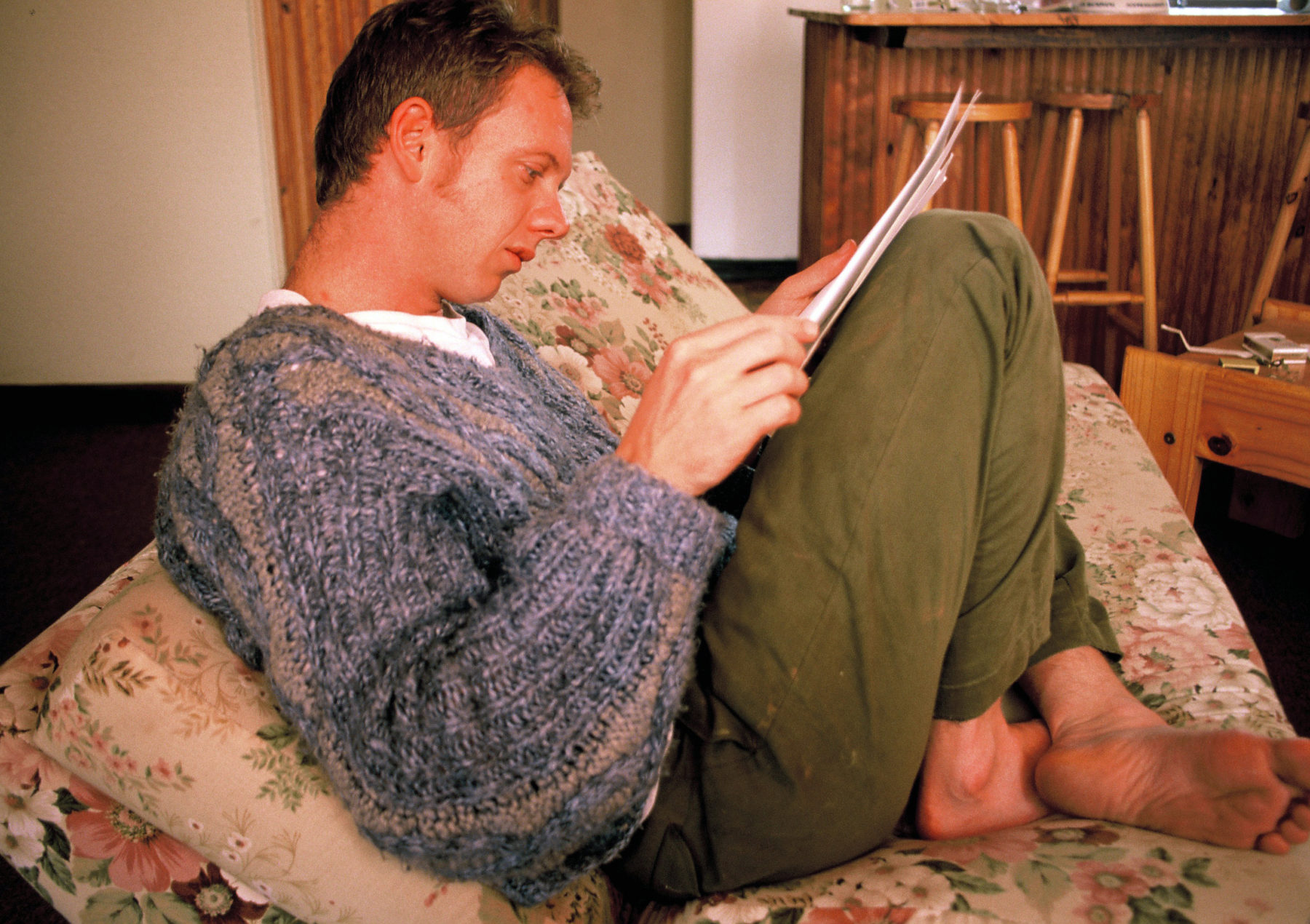In May 1990 an Afrikaans music festival called “Houtstok” was planned to coincide with Republic Day celebrations on the 31st May. The festival would reunite many musicians from the Voëlvry tour (controversially, Johannes Kerkorrel did not play at Houtstok), but would also feature other artists such as Anton Goosen and Steve Hofmeyr.
At that time South Africa was taking its first tentative steps towards becoming a democracy. However the “establishment” in the form of the FAK, the ATKV and the SABC did not sit idly by as the “alternative” music movement made inroads in South Africa.
Large sums of money were used by these organisations to promote afrikaans pop music that was more acceptable to them. The FAK supported an annual light music festival and the SABC hosted music programmes that played videos in which artists sang traditional lekkerliedjies in which the lyrics did not stray far from the subject of fauna and flora.
Videos by conservative Afrikaans singers were constantly played on SABC television, whereas the SABC up until that point had never made a video of Rabie’s work.
When Houtstok garnered a lot of attention the FAK came up with its own version of the festival, called the Tafelbaai Boeghie.
The Houtstok festival so annoyed one well-known, conservative Afrikaans singer that he attempted to sabotage it. This singer put together a list of all the alternative musicians who had made recordings for Shifty Records and presented these to the newspaper Die Transvaler. The day before the festival, die Transvaler published extremely negative articles about Houtstok, referring to the festival as Houskok (holds shock) and Foutstok (Mistake Stock).
Houtstok drew a crowd of around 20 000 and whilst the number of attendees was dwarfed by the 500 000 that descended on the Yasgur farm for the 1969 Woodstock festival, it was just as important a milestone for South African music.
The counter culture movement that swept the West during the 1960s had largely passed South Africa by and white South African youth experienced their sixties twenty years later. It was fitting then, that the music revolution that had characterised the 1980s culminated in the Houtstok festival, just as the sixties for American youth had climaxed with Woodstock.
Read the New York Times article about Houtstok 1990 over here : NY Times on Houtstok
PLEASE LEAVE A COMMENT IF YOU WERE THERE

2 comments for “Houtstok-South Africa’s Woodstock”